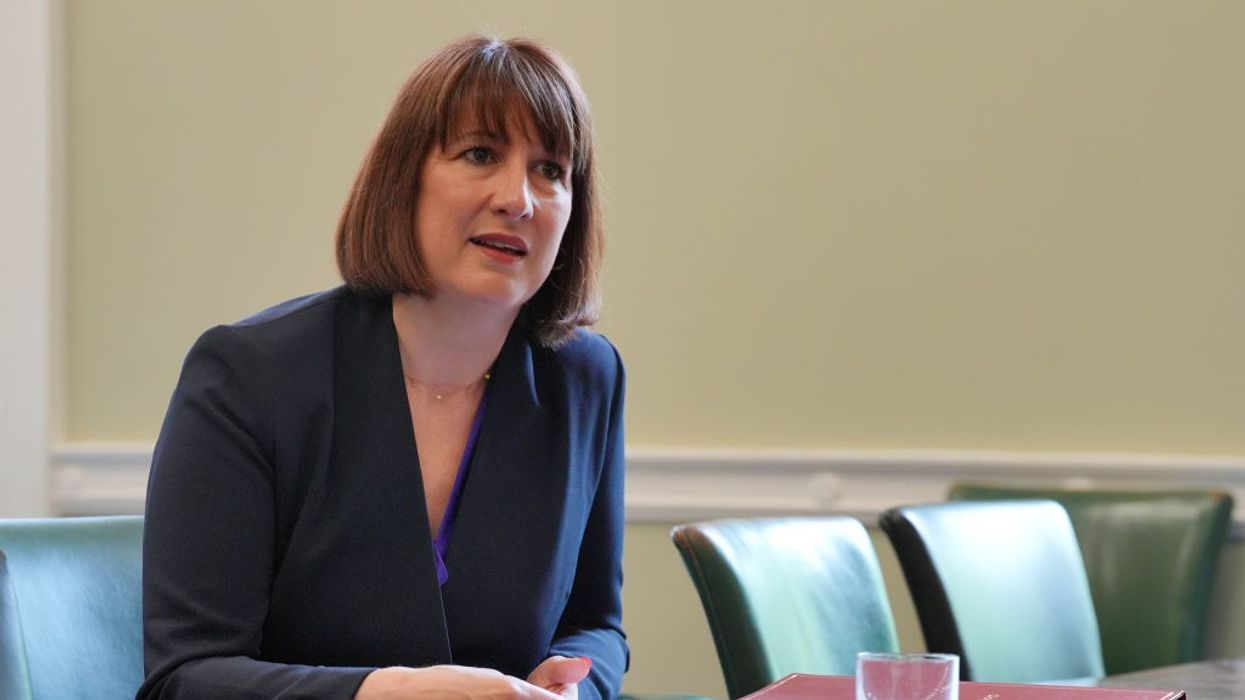H1B visas, sought-after by Indian IT professionals, help make US firms competitive globally and contribute to generating jobs locally, India’s envoy to the US has said amid reports the Trump administration plans to cut down the scheme.
“The H1B scheme has been crucial in making US companies competitive globally in increasing their client base, in increasing their innovation. And it is the Indian tech industry, which has actually been creating jobs here (in the
US),” Ambassador to the US Navtej Sarna told CNN on Monday (13).
“There are reports and analysis by very respected houses, which say that over 400,000 jobs have been directly and indirectly supported in the US,” he said, adding that Indian tech companies have invested $ 2 billion in four years and paid $20 billion in taxes.
H1B visa is a non-immigrant visa that allows American firms to employ foreign workers in speciality occupations that require theoretical or technical expertise. The tech companies depend on it to hire tens of thousands of employees each year.
“Out of every 100, H-1B visas have resulted in support to 183 jobs in the US… This is very important because the US companies – nine out of the 15 top tech companies in India are American companies,” Sarna said.
“This is a relationship which is symbiotic and which has a potential of becoming even stronger for both countries,” he added.
India is one of the top sources for international workers in the American tech industry, accounting for a major chunk of all H-1B visas. And any move by Trump, who has vowed to put an “America First” policy, will have an adverse impact in India.
However, those demanding a revision of the policy say the programme hurt American interests.
In an op-ed piece in ‘Fortune’ magazine Senator Chuck Grassley, argued that the flaws in H1B programme hurt American workers, American innovation, and even H1B workers, who are in many cases “benched” without work or pay for long periods.
Grassley is Chairman of the Senate Judiciary Committee and co-author of H1B and L1 Visa Reform Act of 2017.
Earlier this year, he introduced the bipartisan legislation with Senator Dick Durbin to tackle these problems and return the programme to its original intent: filling gaps in America’s skilled labour market.
Schumer said his bill explicitly prohibits companies from replacing qualified American workers with H1B workers. It also requires companies to post job openings and make good faith efforts to hire qualified American workers before seeking H1B visas.
“Companies would also be prohibited from laying off American workers 180 days prior to and following the hiring of an H1B worker. These provisions ensure that qualified American workers are considered for jobs first,” he said.
“To ensure that limited number of annual H1B visas go to the best and brightest workers, our bill prioritises petitions, starting with foreign nationals who received advance science and engineering degrees right here in the US,” he said.












